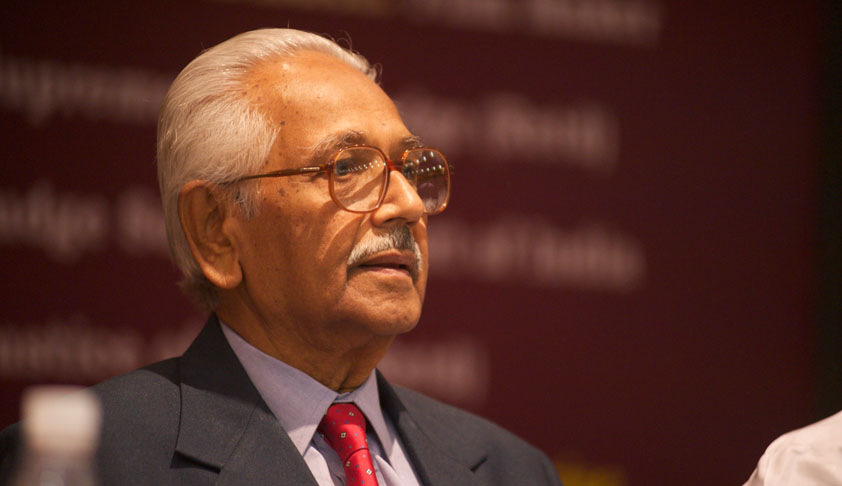- Home
- /
- News Updates
- /
- Remembering Justice Verma: The Man...
Remembering Justice Verma: The Man That Was
Saumya Dev
18 Jan 2014 5:31 PM IST
Justice Jagdish Sharan Verma was the 27th Chief Justice of India. A Judge whose actions have always been commensurate with his position, he unfortunately passed away, during this time, last year and is now being considered for Padma awards posthumously. In this maze of judicial misconduct, he was one of the few men who lived and died with a notably good reputation.The man gave the Indian...
Next Story



